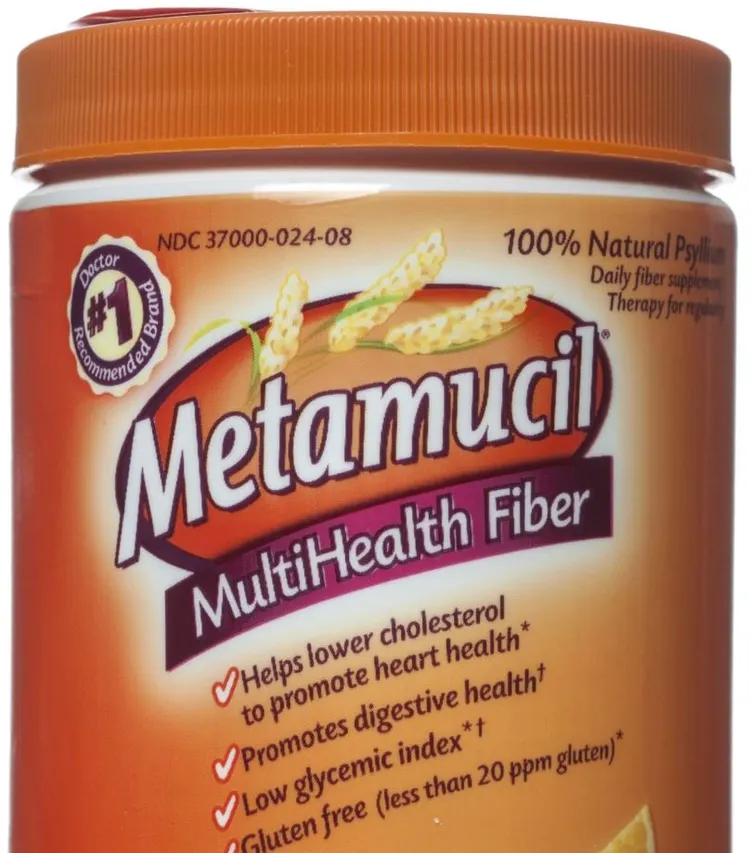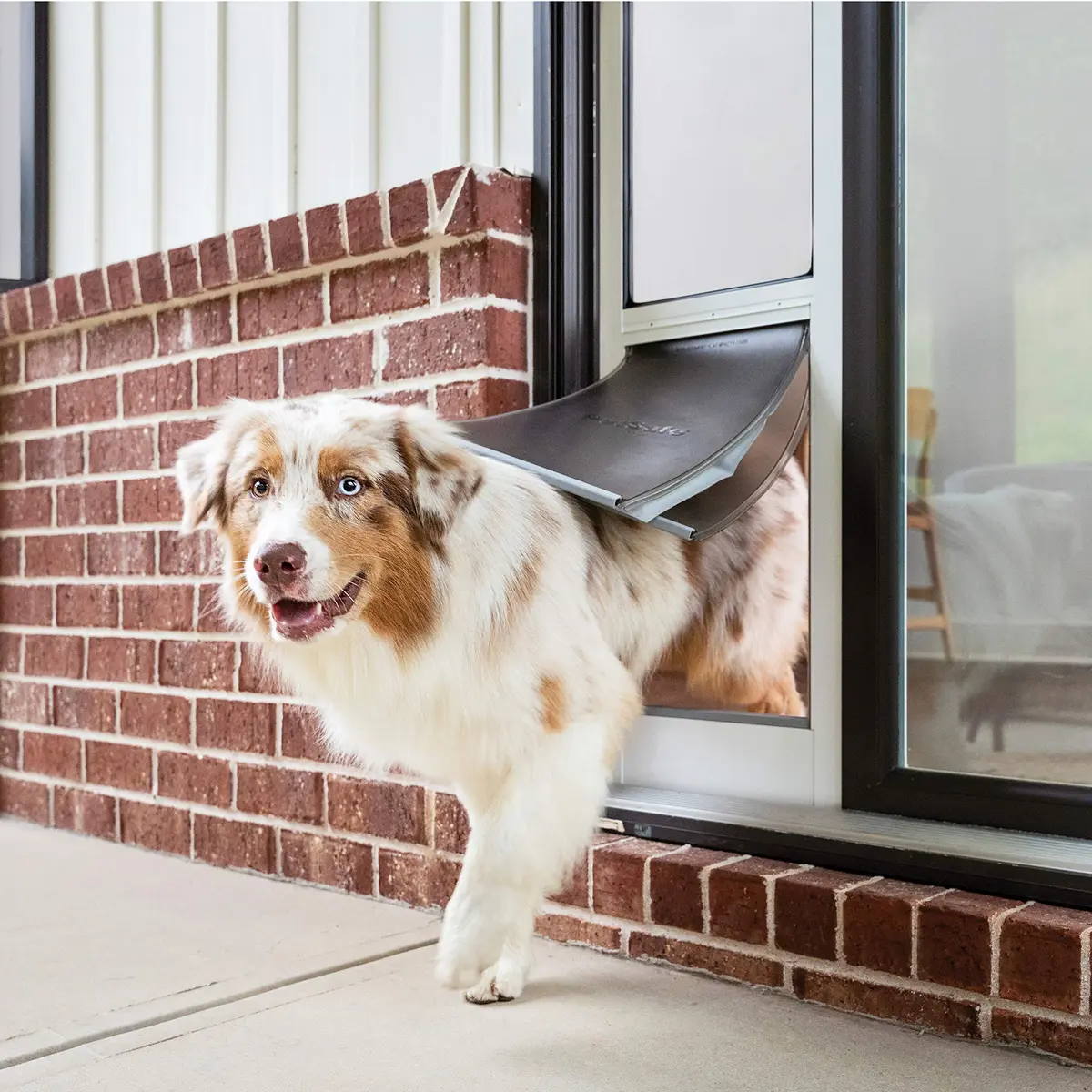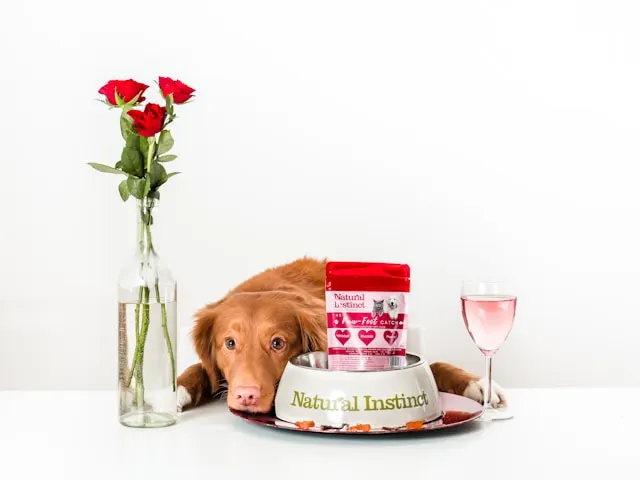Cats are famously independent creatures, but even the most self-sufficient feline may occasionally struggle with digestive issues like constipation or irregular bowel movements. If you’ve noticed your cat having difficulties, you might be considering using Metamucil as a potential solution. While Metamucil is primarily marketed for humans, it can be used in small doses for cats experiencing digestive issues. However, there are important factors to consider regarding its safety, proper dosage, and natural alternatives that can support your cat’s digestive health sustainably.
What Is Metamucil for Cats and How Does It Work?
Metamucil is a fiber supplement made from psyllium husk, a type of soluble fiber derived from the seeds of the Plantago ovata plant. This fiber works by absorbing water in the digestive tract, creating a gel-like substance that softens stool and makes it easier to pass. Metamucil is commonly used to treat constipation in humans, and in certain cases, veterinarians may recommend its use for cats with similar issues.
In cats, psyllium husk can help by adding bulk to the stool, aiding in regular bowel movements, and even preventing or relieving mild cases of diarrhea. Psyllium fiber acts as a natural lubricant in the intestines, which can ease the passage of stool without the need for harsh laxatives.
Is Metamucil Safe for Cats?
While Metamucil can be a safe and effective remedy for constipation in cats, it’s crucial to use it properly and under veterinary guidance. Cats have different digestive systems than humans, and improper dosing or long-term use of fiber supplements can lead to digestive imbalances or worsen the problem.
General Safety Tips:
- Consult your vet first: Always talk to your veterinarian before giving your cat any over-the-counter medications or supplements. They can help determine the underlying cause of your cat’s digestive issues and recommend appropriate treatment options, including the correct Metamucil dosage.
- Proper dosage: The recommended dosage of Metamucil for cats is typically between 1/4 to 1/2 teaspoon mixed with their food, administered once or twice daily. However, exact dosages will depend on your cat’s size, age, and overall health, so defer to your vet for precise guidelines.
- Short-term use: Metamucil should generally be used as a temporary solution for acute constipation. Prolonged use of fiber supplements could disrupt your cat’s natural digestion and lead to nutrient absorption issues.
When to Consider Metamucil for Your Cat
Digestive issues in cats can manifest in several ways, and constipation is a common problem that Metamucil can help alleviate. Cats may suffer from constipation due to dehydration, low-fiber diets, lack of exercise, or other medical conditions.
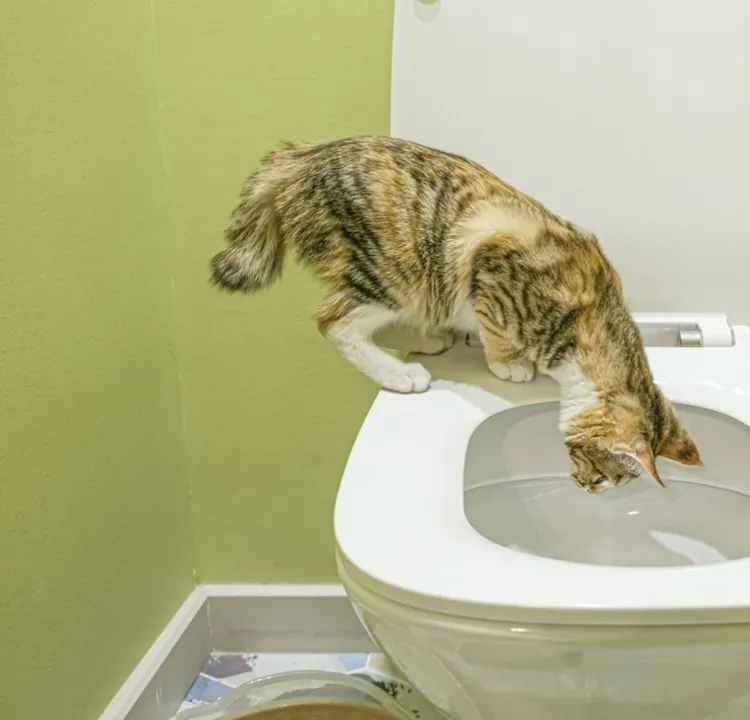
Signs of constipation in cats:
- Straining in the litter box: If your cat spends a long time in the litter box, visibly straining to pass stool, it may be constipated.
- Hard or dry stools: Check for small, hard pellets of stool, as this is a key sign of constipation.
- Decreased appetite or lethargy: Constipation can cause discomfort, leading to a reduction in energy levels or reluctance to eat.
In addition to constipation, Metamucil may also help with:
- Hairball prevention: Psyllium fiber can help trap and eliminate ingested hair, reducing the frequency of hairballs.
- Mild diarrhea: Psyllium husk can bulk up loose stools, helping to alleviate mild diarrhea in some cats.
How to Administer Metamucil to Your Cat
Administering Metamucil to cats can be tricky, as many cats are picky eaters. To make the process easier, you can mix the powdered form of Metamucil into their wet food or dissolve it in water, depending on your cat’s preferences.
Tips for administering Metamucil for Cats:
- Mix with wet food: The easiest way to give Metamucil to your cat is by blending it with their favorite wet food. Start with a small amount to ensure your cat tolerates the new texture and taste.
- Hydration is key: Psyllium absorbs water, so it’s essential to ensure your cat stays hydrated when taking Metamucil. Provide plenty of fresh water at all times, especially if you’ve added the supplement to dry food.
- Consistency: Administer the correct dosage based on your vet’s advice, and continue for the recommended duration.
Natural Alternatives to Metamucil
For eco-conscious cat owners or those who prefer natural remedies, there are several eco-friendly alternatives to Metamucil that can support your cat’s digestive health:
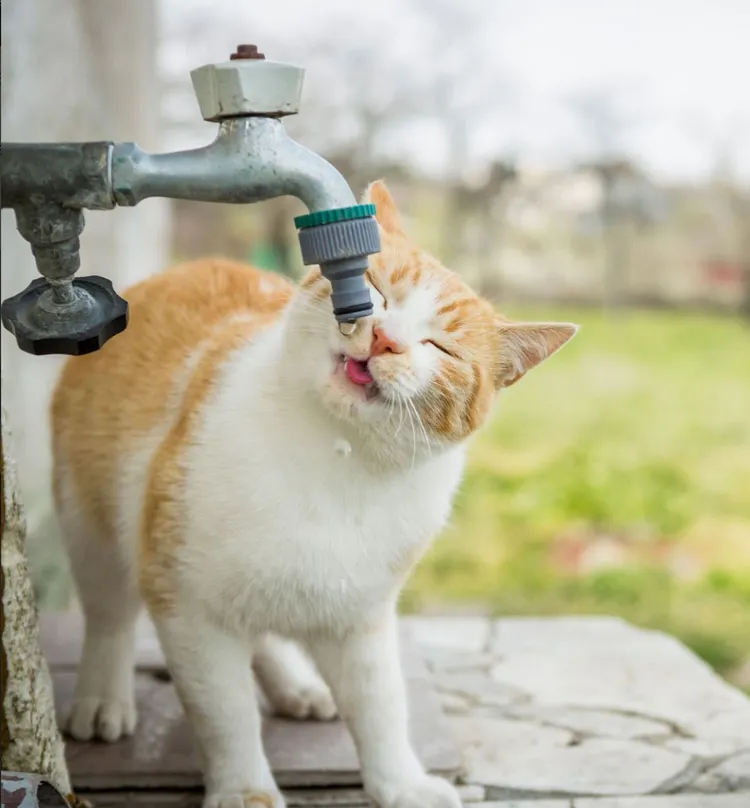
1. Canned Pumpkin
Pumpkin is a popular natural remedy for cats with digestive issues, as it is rich in fiber and easy to digest. Make sure to use plain, unsweetened canned pumpkin (not pumpkin pie filling) and mix a small amount (1/2 to 1 teaspoon) into your cat’s food. Pumpkin provides fiber that helps with both constipation and diarrhea.
2. Olive Oil
A small amount of olive oil (about 1/4 teaspoon) added to your cat’s food can help lubricate the digestive system and ease the passage of stool. However, this should be used sparingly, as too much oil can cause diarrhea.
3. Increased Hydration
Ensuring your cat is adequately hydrated is one of the most effective ways to prevent constipation. Wet cat food has a higher moisture content than dry kibble, so feeding your cat wet food or adding water to their dry food can help. You can also consider using a water fountain, which may encourage your cat to drink more.
4. Organic Vegetables
While cats are obligate carnivores, small amounts of certain vegetables like green beans, zucchini, or carrots can provide additional fiber. Make sure these are cooked and pureed before adding them to your cat’s diet in tiny quantities to avoid any digestive upset.
Supporting Long-Term Digestive Health for Cats
To ensure your cat’s digestive system stays healthy over the long term, it’s important to adopt proactive strategies that promote gut health and prevent issues like constipation.
1. Encouraging Exercise
Physical activity stimulates the digestive system, helping to prevent constipation. Encourage your cat to exercise by providing plenty of playtime, toys, and climbing structures.
2. High-Fiber Diet
Feeding your cat a high-quality, balanced diet that includes adequate fiber will support regular digestion. Look for cat food that is specially formulated for digestive health, with fiber-rich ingredients like pumpkin, psyllium husk, or other plant-based fibers.
3. Hydration and Eco-Friendly Feeding Practices
Ensure your cat always has access to fresh water, and consider using eco-friendly feeding practices such as sustainable cat food brands and reusable feeding bowls. You can also buy food in bulk to reduce packaging waste and opt for biodegradable cat litter to further reduce your environmental impact.
Conclusion
Digestive health is crucial for your cat’s overall well-being, and while Metamucil can be a safe, short-term remedy for constipation, it’s essential to use it under veterinary supervision. Natural, eco-friendly alternatives like canned pumpkin, olive oil, and increased hydration can also support your cat’s digestive health in a sustainable way. By focusing on long-term strategies like proper nutrition, exercise, and eco-conscious practices, you can ensure your feline friend enjoys a happy, healthy life with optimal digestion.

